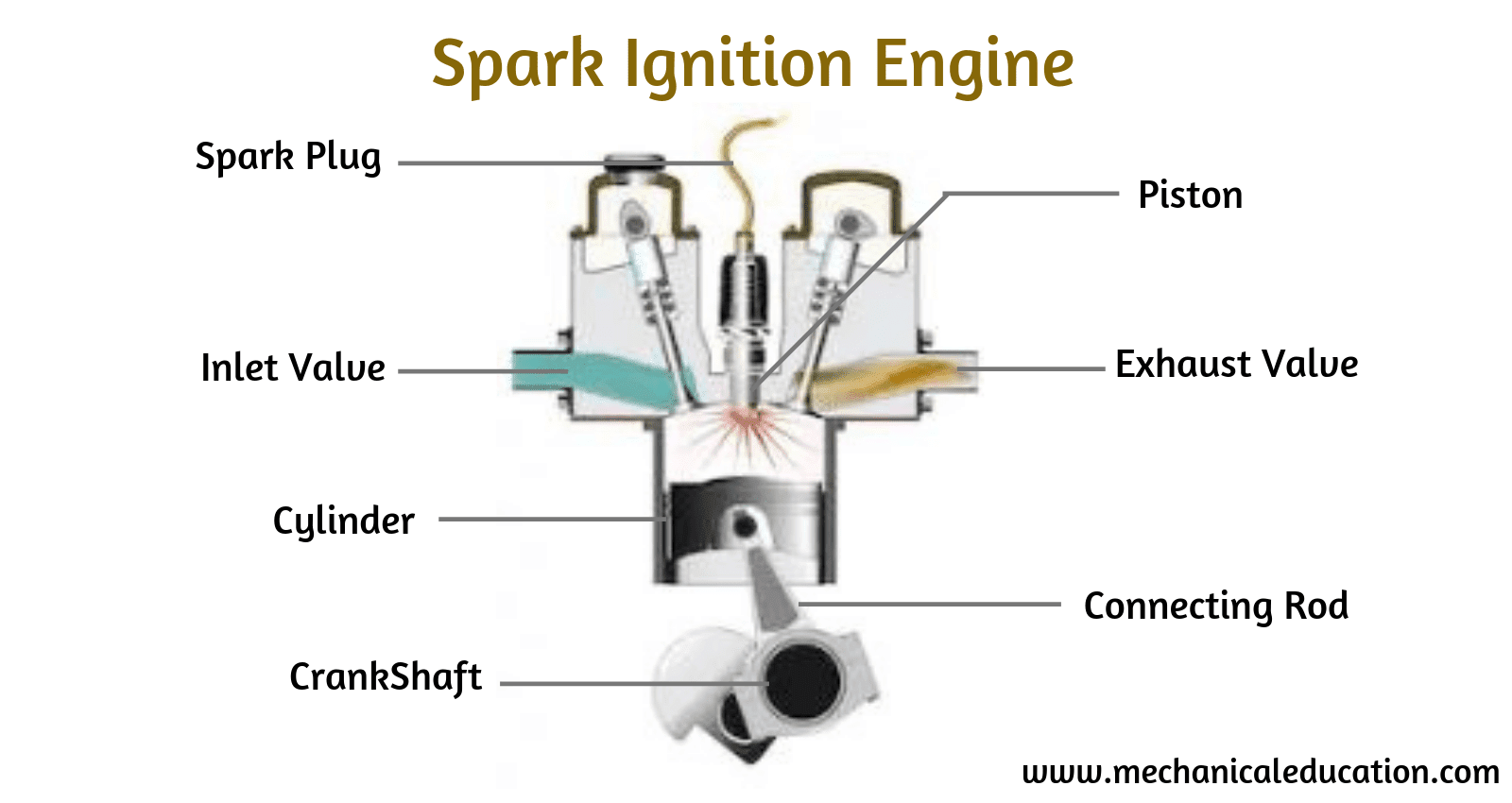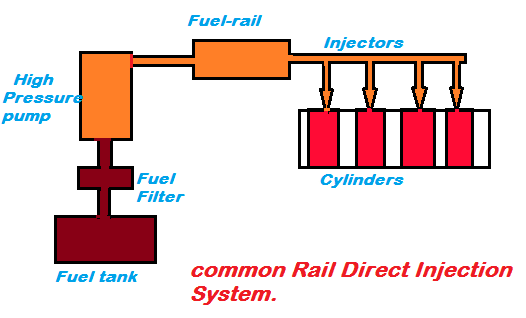The frequency with which you need to recharge your car’s AC system can depend on several factors, including the age of the system, the amount of use it gets, and the condition of the system’s components. In general, it is recommended that you have your car’s AC system inspected by a professional mechanic at least once a year, or whenever you notice a decrease in cooling performance.
If your car’s AC system is low on refrigerant, it will likely need to be recharged. However, simply recharging the system without identifying and repairing any leaks or other issues will only provide a temporary solution, and the refrigerant will likely leak out again. Therefore, it’s important to have any underlying issues addressed before recharging the system.
It’s also worth noting that newer cars typically have more efficient AC systems that require less frequent recharging, so it’s a good idea to refer to your car’s owner manual for specific recommendations on AC maintenance.
Frequently Asked Questions
1. How often should I recharge my car’s air conditioning (A.C.) system?
There is no fixed interval for A.C. recharge; it depends on factors like system efficiency, usage, and potential leaks. However, professionals often recommend checking refrigerant levels annually.
2. What are the signs that my car’s A.C. system needs a recharge?
Signs include reduced cooling performance, warmer air from vents, longer A.C. system cycling, and potential ice formation on A.C. components. If you notice these, it’s advisable to check the refrigerant level.
3. Can I recharge the A.C. system myself using a DIY kit, or should I consult a professional?
DIY recharge kits are available, but for accurate and safe results, it’s recommended to consult a professional. They can assess the system, identify leaks, and recharge it using the correct refrigerant amount.
4. Is it normal for a car’s A.C. system to lose refrigerant over time?
A.C. systems may experience slight refrigerant loss over time, but a significant loss may indicate a leak. Regular maintenance and checks can help identify issues before they lead to decreased performance.
5. Can overcharging the A.C. system with refrigerant cause problems?
Yes, overcharging can strain the compressor, potentially causing damage. It’s crucial to use the correct amount of refrigerant for optimal A.C. system performance.
6. What if I ignore low refrigerant levels in my car’s A.C. system?
Ignoring low refrigerant levels can lead to decreased cooling efficiency, increased strain on the compressor, and potential damage to A.C. components. Addressing low refrigerant promptly is essential.
7. Can I recharge my car’s A.C. system if it’s still cooling but not as effectively as before?
Yes, if the A.C. system is still cooling but not as efficiently, a recharge may improve performance. However, it’s crucial to diagnose the cause, as refrigerant alone may not address underlying issues.
8. Are there specific seasons when A.C. recharge is more necessary?
A.C. systems can be used year-round, and the need for a recharge depends on individual usage and system efficiency. However, it’s common for issues to become noticeable during warmer seasons when A.C. use is higher.
9. Can I recharge my A.C. system even if I don’t notice any issues with cooling?
It’s generally advisable to recharge the A.C. system only when needed. If you don’t notice any cooling issues, there may not be an immediate need for a recharge. Regular checks can help prevent problems.
10. What should I do if I suspect a refrigerant leak in my A.C. system?
If you suspect a refrigerant leak, consult a professional immediately. Attempting to fix a leak without proper knowledge can be hazardous, and a professional can safely identify and address the issue.




